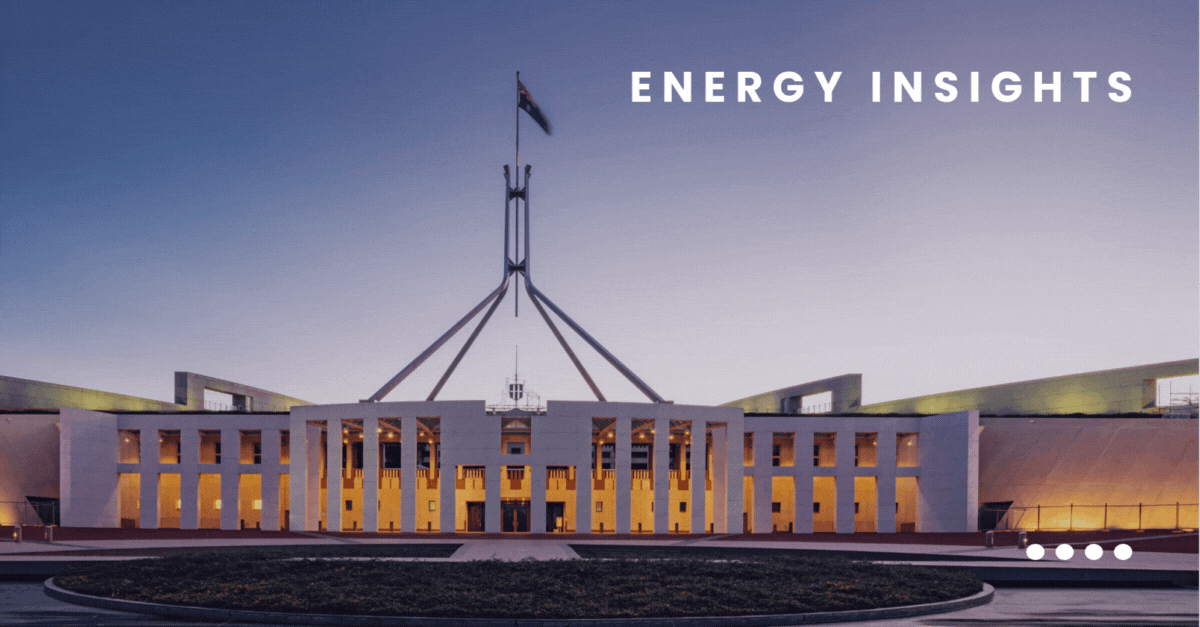
As Australians prepare to head to the polls, energy policy is once again shaping up as a key election issue—this time centred around the role of gas in the nation’s economic and energy future.
With rising energy costs, supply constraints, and ongoing industry pressure, both major parties are presenting different approaches to managing gas—balancing climate goals, economic resilience, and cost-of-living pressures in distinct ways.
The Coalition is calling for a national gas reservation policy, arguing that a permanent, legally binding scheme would help ensure sufficient domestic supply and stabilise prices. Their proposal aims to reduce retail gas bills for industial customers by 15% and wholesale electricity prices by 8% by decoupling local prices from volatile global gas markets.
Shadow Climate and Energy Minister Ted O’Brien reinforced this position during last week’s National Press Club debate, calling the policy a “common-sense measure” to protect domestic industry and provide relief to households and businesses facing rising energy costs.
The Coalition argues this policy would help support Australian manufacturing, protect jobs in trade-exposed industries, and enhance national security by making energy more affordable and reliable. However, some industry analysts warn that such intervention could deter future investment in gas production and infrastructure, potentially tightening supply in the longer term.
The Labor government maintains that gas continues to play a role in Australia’s energy mix, particularly as a backup during the transition to renewables. However, it has focused on legislated targets for emissions reduction—namely, 43% by 2030—and 82% renewables in the electricity grid.
Climate and Energy Minister Chris Bowen used the same Press Club platform to defend Labor’s position, arguing that short-term interventions like reservation schemes risk undermining investment certainty. Instead, Labor has introduced measures such as the Mandatory Gas Code of Conduct, which aims to improve transparency and secure domestic supply through market-based mechanisms.
Labor points to its broader plan for clean energy investment and grid transformation as essential for reducing both emissions and future power costs. Still, recent ACCC warnings about potential east coast gas shortfalls have brought renewed scrutiny of domestic supply policies and prompted debate about whether additional intervention is needed.
The Press Club debate made clear that while both parties recognise the importance of affordable, reliable energy—and the role gas still plays in powering Australian industry—they diverge sharply on how to manage that role in a changing global energy landscape.
The Coalition is prioritising supply security and price stability through direct intervention in the gas market. Labor is focused on structural reform through renewables investment and long-term market design.
With the election approaching, voters will be presented with two distinct pathways for Australia’s energy future—each shaped by different views on the role of gas, the pace of transition, and the balance between energy security, climate ambition, and economic resilience.
Contact our team today for tailored advice, procurement support, and strategy insights—whatever the election outcome.
Explore our monthly market wraps for a comprehensive outlook on the Australian energy market, and start making smarter energy decisions.